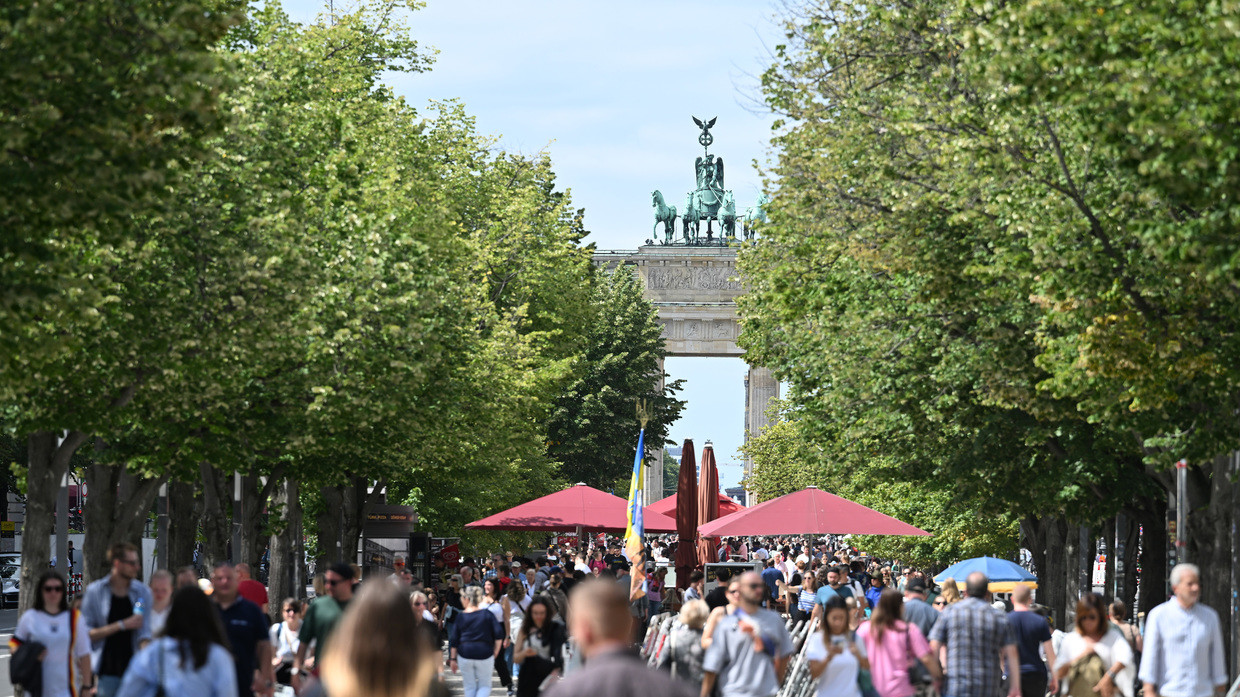Trust in the state has fallen to record lows in Germany and most of the population thinks their officials are simply incapable of doing their job, a new survey commissioned by the nation’s biggest public sector employee union shows.
The number of people who believe that the state is ‘overwhelmed’ with the tasks it is facing has reached 69%, the poll (conducted by the Forsa Institute for Social Research and Statistical Analysis) indicates. The number of people who still trust the abilities of their public officials has fallen by two percentage points, in comparison to the previous year, and amounted to just 27%.
In 2020, when Germany was facing the first wave of the Covid-19 pandemic, only 40% of its citizens believed that the state was failing to fulfill its duties.
“Citizens’ trust in their state’s ability to act has thus fallen to a new low. That is alarming,” said Ulrich Silberbach, the head of the German Association of Civil Servants (DBB), which commissions similar surveys every year.
Silberbach also pointed to what he called an “ever-increasing division” within German society. “The rifts between East and West, poor and rich… are getting deeper and the social stress level is increasing,” he warned. The DBB head blamed these developments on a lack of leadership on the part of Chancellor Olaf Scholz.
“What the citizens… want is quite simple: The state should fulfill its tasks and be there for the people,” he said, adding that Berlin should stop “constantly passing new, ever more complicated laws” and “do the opposite” by reducing bureaucracy and providing more services in the public sector.
Another poll – commissioned by Germany’s ARD public broadcaster in early August – shows that public approval of the German government fell to just 21%, down from 60% in 2020.
In mid-July, a survey by the Forsa Institute shows that 77% of Germans were either somewhat or completely dissatisfied with the federal government. The study found that 52% of SPD voters, Chancellor Scholz’s political party, were dissatisfied. Among Green Party and Free Democratic Party supporters, which make up the rest of the ruling coalition, 55% and 71% were dissatisfied, respectively.


